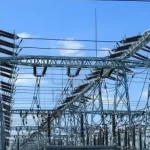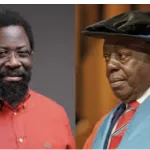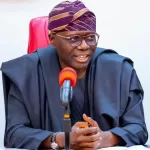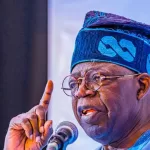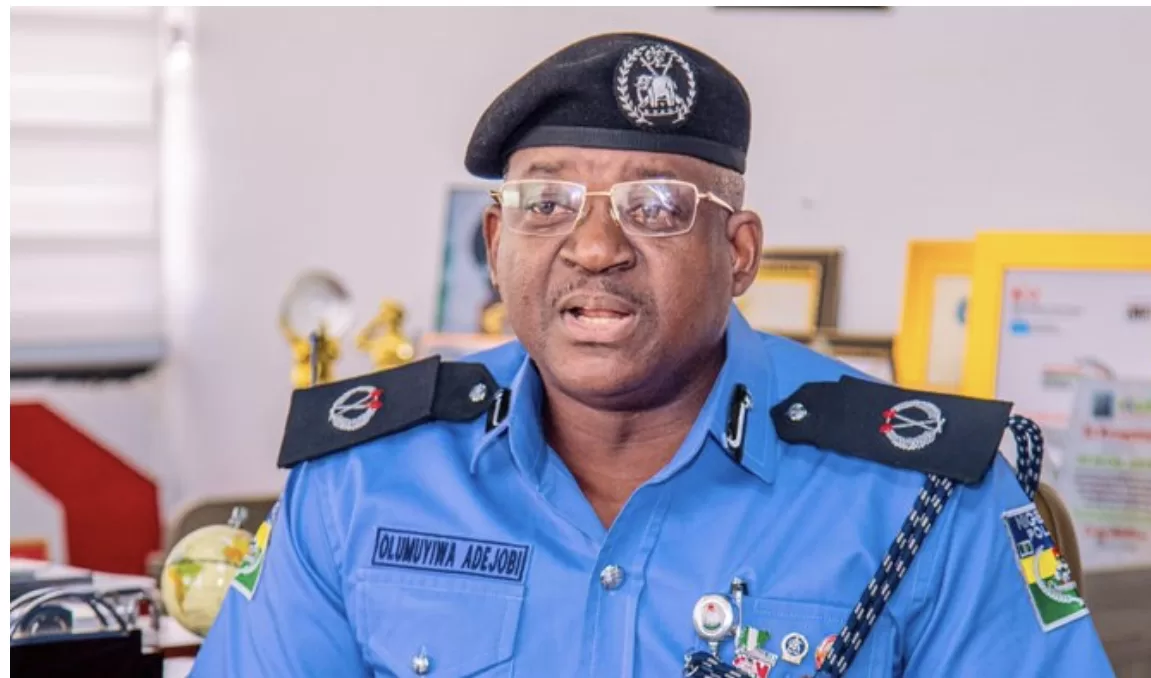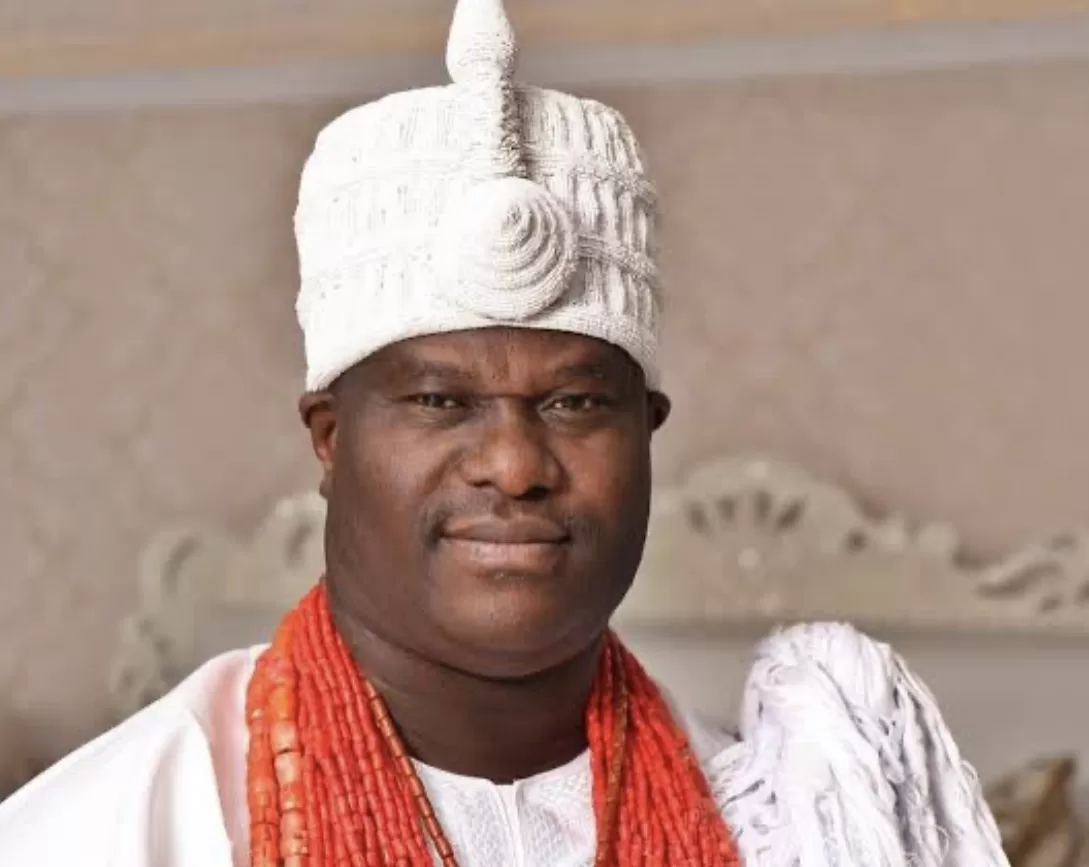The Nigerian Police Force, Sokoto State Command, has confirmed the presence of an armed Islamic group, known as “Lakurawas,” operating in at least five local government areas of the state.
The Command’s spokesperson, Ahmed Rufai, disclosed this on Wednesday, stating that the group, equipped with sophisticated weapons, has been active in Gudu, Tangaza, Binji, Illela, and one other local government area, attempting to impose its beliefs on residents.
“They have been in those areas for some years now,” said Rufai. “They are armed with weapons and part of their agenda is to impose their own kind of religious practice on the people.
They even attack suspected bandits in the area as, according to information available to us, they claim to be working against illegalities.”
Sokoto State’s Deputy Governor, Alhaji Idris Mohammed Gobir, expressed concern about the group’s activities while addressing participants from Course 33 of the National Defence College, Abuja, who were visiting the state on a study tour.
He described the group as a “faith-based idealist” entity with significant weaponry.
“An assessment carried out indicated that the group possessed sophisticated weapons, and their criminal activities were observed in about five local government areas in the state,” Gobir said.
“The sad development was happening at a time when the state was already facing challenges from banditry.”
Gobir added that security agencies are intensifying efforts to counter the group’s threat.
“The state government has been working closely with federal security agencies to address numerous security threats to the lives and property of the people of the state,” he said.
He noted that the state hopes the Defence College’s study tour will offer insights into the situation and contribute solutions to ensure security and peaceful coexistence in the region.
Air Vice Marshal Titus Dauda, leader of the National Defence College delegation, highlighted the college’s role in preparing officers from military, police, and strategic agencies for leadership.
Established in 1992, the institution has graduated 2,982 participants, including many from 30 African and Asian countries.

